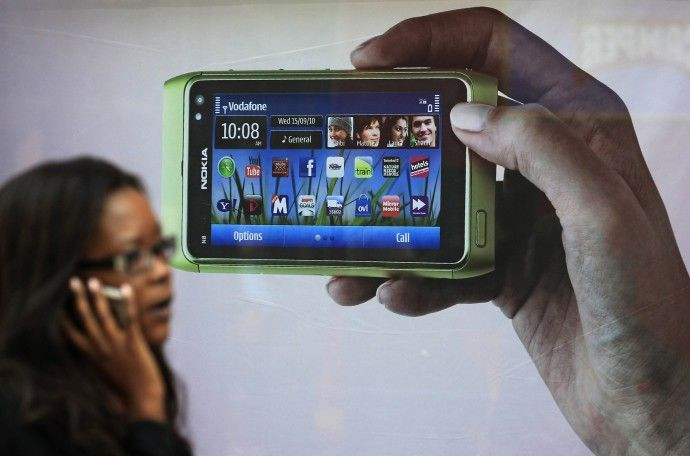IDC Report: Smartphone market larger than that of personal computers

It is official now: a report from market researcher International Data Corp. or IDC has revealed that shipments of mobile devices exceeded that of personal computers in the fourth quarter of 2010.
Between October and December last year, 101 million smartphones were shipped globally as opposed to 92 million PCs. The gap acquires greater significance when one looks at the growth in shipments over the same period in the preceding year. Smartphone sales grew 87 percent year on year compared to a meager 3 percent growth in PC sales, as reported by IDC in an earlier release.
One of the key driving forces behind the growth of the smartphone market has been the tremendous growth in popularity of Android. Explaining the trend, Ramon Llamas, senior research analyst with IDC's Mobile Phone Technology and Trends team said, It (Android) has become the cornerstone of multiple vendors' smartphone strategies, and has quickly become a challenger to market leader Symbian. Although Symbian has the backing of market leader Nokia, Android has multiple vendors, including HTC, LG Electronics, Motorola, Samsung and a growing list of companies deploying Android on their devices.
Among smartphone vendors, Nokia continued to keep the lead although Apple's iPhone saw a faster growth in market share to clinch the No. 2 spot ahead of RIM, Samsung and HTC.
IDC also expects further gains for the smartphone market in 2011 as vendors broaden and deepen their offerings. On one hand, the market researcher foresees more mid-range and low-end smartphones at lower prices to reach the mass market, while on the other hand it predicts that even high-end devices will become available at lower prices.
© Copyright IBTimes 2025. All rights reserved.





















